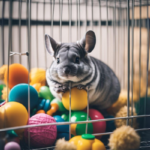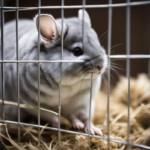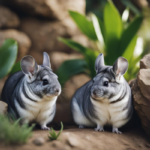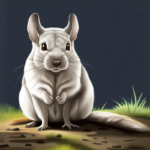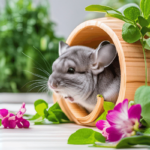Chinchillas, those adorable and fluffy creatures, are known for their unique dietary needs. As a responsible chinchilla owner, it’s crucial to understand what your furry friend can and cannot consume.
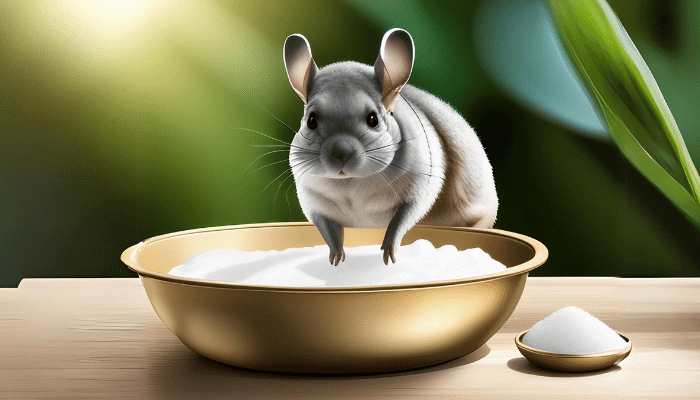
One question that frequently pops up in chinchilla care discussions is, Can Chinchillas Eat Coconut? Let’s dive into the world of chinchilla nutrition and explore the coconut conundrum.
Understanding Chinchilla Dietary Basics
Chinchillas are herbivores, thriving on a diet rich in fibre and low in fats. Their delicate digestive systems require a careful balance of nutrients to maintain optimal health. Before delving into the coconut query, let’s review the essential components of a chinchilla’s diet.
The Significance of Fiber in Chinchilla Diets
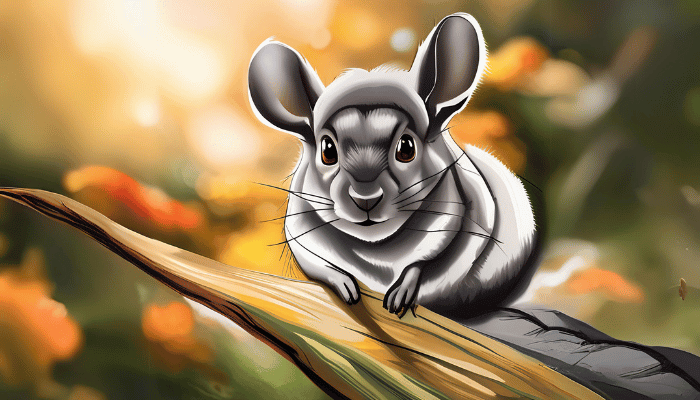
Fibre is the cornerstone of a chinchilla’s diet, promoting healthy digestion and preventing various gastrointestinal issues. Foods high in fiber help mimic the chinchilla’s natural diet of grasses and hay.
Can Chinchillas Eat Coconut?
Now, let’s tackle the burning question: Can Chinchillas Eat Coconut? The answer is a bit nuanced. While the coconut is not toxic to chinchillas, it should be offered sparingly due to its high-fat content. Chinchillas are prone to obesity, and excessive fat intake can lead to health complications.
Coconut can be introduced as an occasional treat, providing a small piece for your chinchilla to nibble on. Ensure it’s unsweetened and free from additives. Monitor your chinchilla for any adverse reactions and adjust the quantity based on their individual tolerance.
Delving into Coconut’s Nutritional Profile
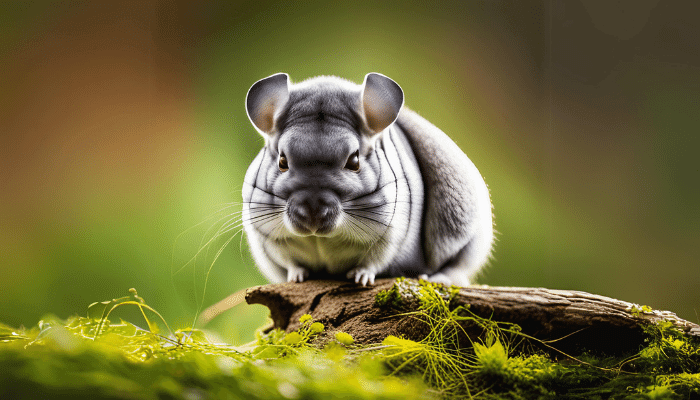
Let’s dissect the coconut’s nutritional makeup to determine its compatibility with the discerning chinchilla palate. Are the fats, proteins, and sugars in coconut a good fit for these little herbivores?
| Coconut | Amount per 100g |
|---|---|
| Calories | 354 |
| Total Fat | 33.5g |
| Saturated Fat | 29.7g |
| Protein | 3.3g |
| Sugar | 6.2g |
How to Introduce Coconut to Your Chinchilla’s Diet
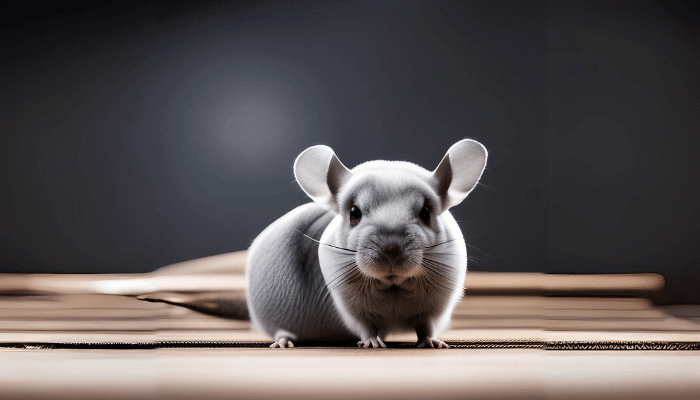
Gradual Introduction
Just like introducing a new friend, coconut should be introduced gradually. Start with small amounts and monitor your chinchilla’s reaction.
Shredded or Coconut Oil
Opt for shredded coconut or coconut oil over raw coconut. These variants are easier for chinchillas to digest.
Navigating the Dietary Landscape
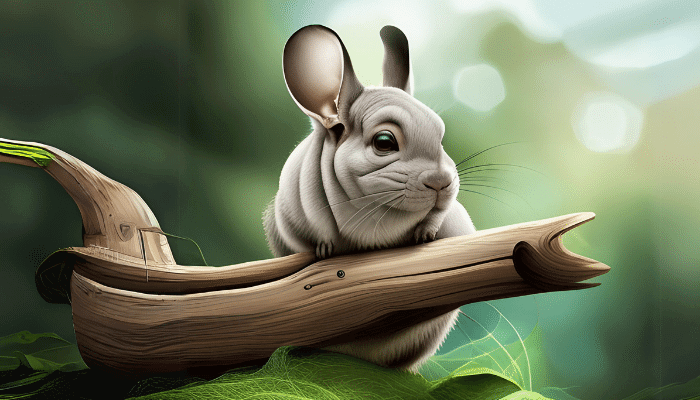
Chinchillas, with their delicate digestive systems, require mindful dietary choices. Let’s explore some other dietary considerations beyond the coconut conundrum.
High-Fiber Staples
Incorporate hay and high-fiber pellets into your chinchilla’s diet. These staples ensure a healthy digestive system.
Fresh Greens
Leafy greens like kale and spinach add variety and essential nutrients. However, moderation is key to prevent digestive upset.
The Coconut Conundrum
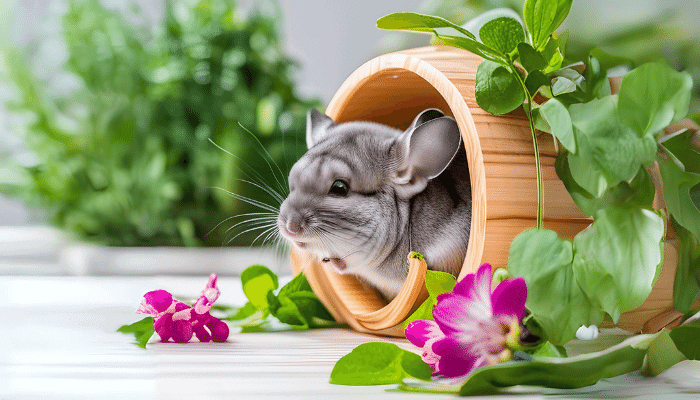
Can Chinchillas Eat Coconut? This is a question that tickles the curiosity of many chinchilla enthusiasts. Coconut, often hailed for its tropical charm and health benefits, can be a bit tricky when it comes to our furry friends.
Coconut Flesh and Chinchillas
Chinchillas are herbivores, and their digestive system is finely tuned for fibrous foods. While coconut flesh contains some beneficial nutrients, its high fat content can pose a challenge for these little herbivores. Moderation is key, and coconut flesh should only be an occasional treat.
Coconut Water and Chinchillas
Can Chinchillas Drink Coconut Water? Surprisingly, coconut water is a safer bet compared to the flesh. It’s hydrating and relatively lower in fat. However, it should still be offered in moderation, as water-rich fruits and vegetables are generally more suitable for chinchillas.
Coconut and Chinchilla Health
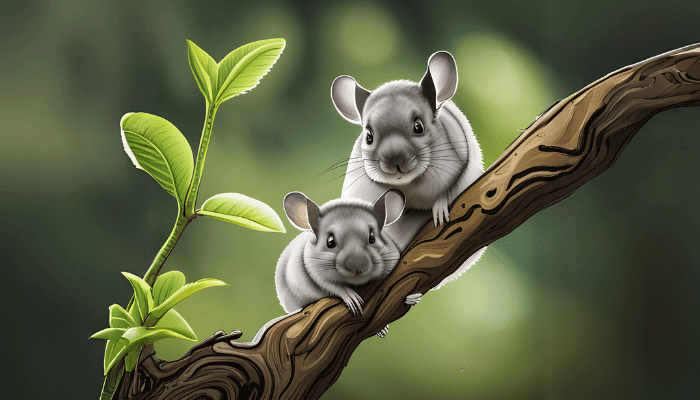
Understanding the impact of coconut on chinchilla health is crucial. Let’s explore the potential benefits and risks.
Benefits of Coconut
Coconut contains essential nutrients like potassium and fiber, which can be beneficial in small quantities. However, the emphasis should always be on a well-balanced chinchilla diet.
Risks of Coconut
Excessive fat intake can lead to obesity and digestive issues in chinchillas. The high sugar content in coconut water also warrants caution. Always prioritize their primary diet over occasional treats.
Conclusion
In conclusion, while chinchillas can indulge in the occasional coconut treat, moderation is key. Understanding the nutritional nuances and being attentive to your chinchilla’s responses ensures a happy and healthy furry companion. Always consult with a veterinarian for personalized dietary advice and make informed choices to promote the well-being of your cherished pet.
FAQs about Chinchillas and Coconut

Can chinchillas eat coconut oil?
It’s best to avoid coconut oil. The concentrated fat content may lead to digestive issues, and chinchillas are not adapted to metabolize oils efficiently.
Can coconut promote dental health in chinchillas?
While the act of chewing coconut may provide some dental benefits, it should not replace the chinchilla’s primary dental care, which includes access to hay.
How often can chinchillas eat coconut?
Limit coconut treats to once or twice a month. Regular monitoring is essential to ensure it doesn’t adversely affect your chinchilla’s health.
Can chinchillas have coconut milk?
Coconut milk is not recommended due to its higher fat and sugar content. Stick to fresh water for optimal hydration.
Are coconut shells safe as chew toys?
Coconut shells can be a delightful and safe chewing option, but ensure they are clean and free from mold.
Can coconut prevent fur biting?
While coconut is nutritious, it won’t necessarily deter fur biting. Address the root cause of the behavior.
Is coconut water suitable for chinchillas?
Yes, in moderation. Ensure it’s free from additives and provided as an occasional treat.
Can Chinchillas Eat Dried Coconut?
Dried coconut is too concentrated in sugars and fats. It’s best avoided to prevent health issues.
Is Coconut Oil Safe for Chinchillas?
Coconut oil is not recommended for chinchillas. Its high-fat content can disrupt their digestive system.
What Should I Do If My Chinchilla Eats Too Much Coconut?
Monitor your chinchilla for any signs of distress and consult a veterinarian if needed. Adjust their diet to compensate for the coconut intake.
